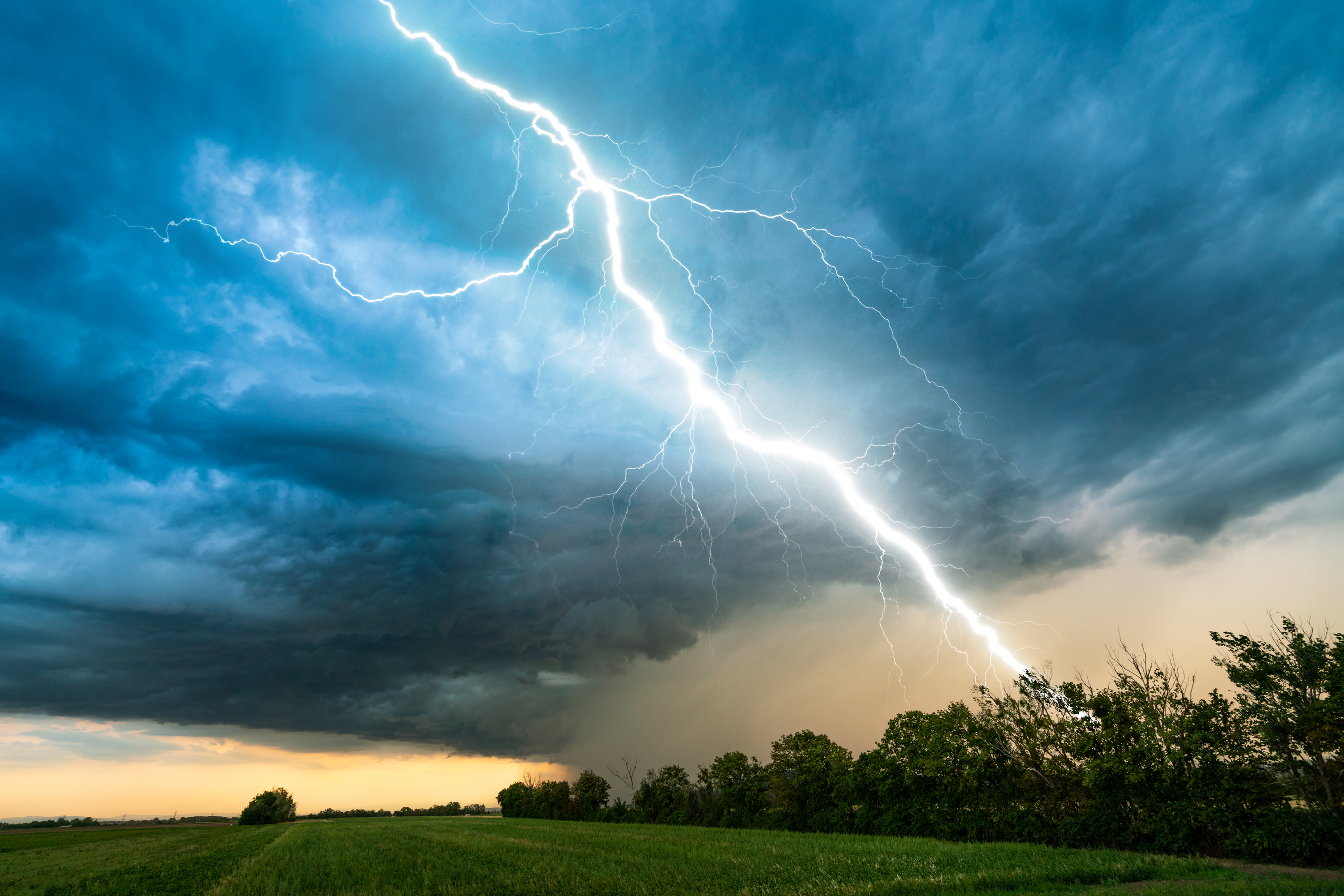Bring emissions to net-zero by 2030, the public urges politicians
Recent surveys have shown growing awareness of the climate crisis among voters, with more than half of the respondents to a YouGov poll saying they would like the UK to become carbon neutral 20 years ahead of the Government's deadline.


The Government would like the UK to achieve net-zero emissions by 2050, the NFU is striving for agriculture to get there by 2040 but the British public has even greater ambitions: more than half wants the country to become carbon neutral by 2030.
A survey carried out by YouGov at the end of October found that 56% of the respondents would like to see net emission brought to zero within the next 11 years. Support for this is by no means limited to voters of the Labour and Green parties, both of which have committed to reaching carbon neutrality by 2030. According to the poll, nearly half of the Conservative voters (47%) and an overwhelming majority of Liberal Democrat supporters (73%) also back the same net-zero target.
Women are keener than men (60% to 53% respectively) and younger voters keener than older voters (63% of those aged 18 to 24 against 55% of those aged 65+) but the differences among groups are relatively small, with majority consensus for the earlier carbon-neutrality deadline across the board. Interestingly, nearly half the respondents (46%) would also support an increase in public spending to make local bus transport free for everyone, with only 20% opposing the measure.
This mirrors findings by an earlier Opinium survey, commissioned by environmental law firm ClientEarth, which reveals that the climate crisis is becoming increasingly central to the upcoming election. More than half of the respondents (and three quarters of the youngest voters) said that climate change would influence their voting intentions.
With the public increasingly aware of the scale and urgency of the problem, campaigners are pressing all parties to pursue policies that halt global warming and protect the environment.
‘It’s clear that the public wants rapid action on climate change and the best way to do this is to cut carbon now,’ says Dustin Benton, policy director at environmental charity and think-tank Green Alliance.
‘The next government can act immediately by banning the sale of new petrol and diesel cars by 2030, commit to the spending needed to insulate the UK’s draughty homes and pay farmers when they store carbon in soils or reforest their land.’
Exquisite houses, the beauty of Nature, and how to get the most from your life, straight to your inbox.
Similarly, the WWF is asking all parties to ‘make manifesto commitments that end our contribution to climate change, stop deforestation in our food supply chains and put nature on the path to recovery’ as well as agree to engage in a televised debate on nature and the climate crisis.
‘Public concern for our world has never been higher – we’re facing a planetary emergency, the biggest challenge of our generation,’ points out Kate Norgrove, the charity’s executive director for advocacy and campaigns. ‘Only bold and decisive leadership can tackle this crisis at home and abroad and drive the global ambition needed to fight for our world.’
Carla must be the only Italian that finds the English weather more congenial than her native country’s sunshine. An antique herself, she became Country Life’s Arts & Antiques editor in 2023 having previously covered, as a freelance journalist, heritage, conservation, history and property stories, for which she won a couple of awards. Her musical taste has never evolved past Puccini and she spends most of her time immersed in any century before the 20th.
